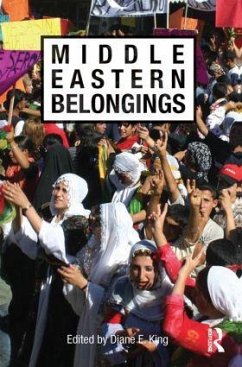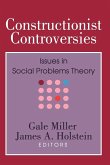This book features chapters that examine the various ways of belonging in the Middle East. Belonging can mean fitting in, feeling at home, feeling a part; this kind of belonging is profoundly social. Belongings can be possessions, objects closely associated with one's deepest notions of identity. Both kinds of belongings pertain to people and the kindreds, ethnic groups, and nations (and/or states) they call their own. Belongings of both kinds are, more often than not, emplaced and territorialized. All of the chapters treat Middle Eastern collectivities as sites of anguished cultural projects. All use metaphor: national territory as woman, national resolve as cactus, and so on. None is reductionistic; belonging is rendered in its complexity, with its agonies as well as its joys. All could be identified with a growing genre of work on belonging. At the heart of each are the bonds that comprise belonging. Each one conveys both belonging's messiness and its joys, and touches as much as it argues and elaborates. This book was published as a special issue of Identities: Global Studies in Culture and Power.
Hinweis: Dieser Artikel kann nur an eine deutsche Lieferadresse ausgeliefert werden.
Hinweis: Dieser Artikel kann nur an eine deutsche Lieferadresse ausgeliefert werden.








